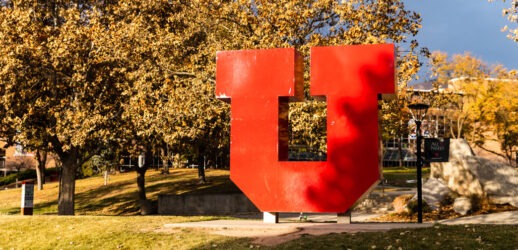Paper boarding passes are practically a thing of the past and soon, smart devices may no longer be necessary—just your fingertip. Delta Air Lines is testing a new technology that allows passengers to board more quickly by using fingerprint identification.
The technology was introduced to Delta Sky Club at Ronald Reagan Washington National Airport (DCA) in Washington, D.C., in May. The service will be available at the airport to all members of Delta’s SkyMiles loyalty program who are enrolled in the private verified-traveler service Clear. Depending on its success, Delta might expand the technology to airports across the country, potentially spurring a transformation of the boarding process.
So far, customer and employee feedback has been positive.
“Biometric verification has a higher level of accuracy than paper boarding passes and gives agents more time to assist customers with seat changes and other skilled tasks instead of having to scan individual tickets, and customers have less to keep track of as they travel through the airport,” said Gil West, Delta’s senior executive vice president and chief operating officer, in a statement.
“Customers throughout our domestic network could start seeing this capability in a matter of months—not years,” he added. “Delta really is delivering the future now.”
This exciting news still comes with risks—namely, cyber security. Delta computers will be storing more personal information, which includes fingerprints, of their customers. Hacks are always a threat, but the stakes are higher when dealing with something as permanent as fingerprints.
“The integrity of our customers’ data is the integrity of our company,” said David Cohen, Clear’s chief administrative officer. “Protecting our members’ privacy is our most important priority. For that reason, we do not discuss the security measures we have put in place. Clear also never rents or sells member data.”
This technology supplements Delta’s overall mission to streamline air travel. For instance, last year it was the first carrier to apply radio frequency identification technology (RFID) for tracking luggage. By embedding an RDIF chip, the scanner gives travelers detailed reports, in real time, of the location of their luggage.
Several months later, Delta began testing facial recognition technology. In hopes of speeding up bag drops at Minneapolis-St. Paul International Airport (MSP), Delta installed specially equipped kiosks to scan travelers’ faces prior to accepting checked luggage.





